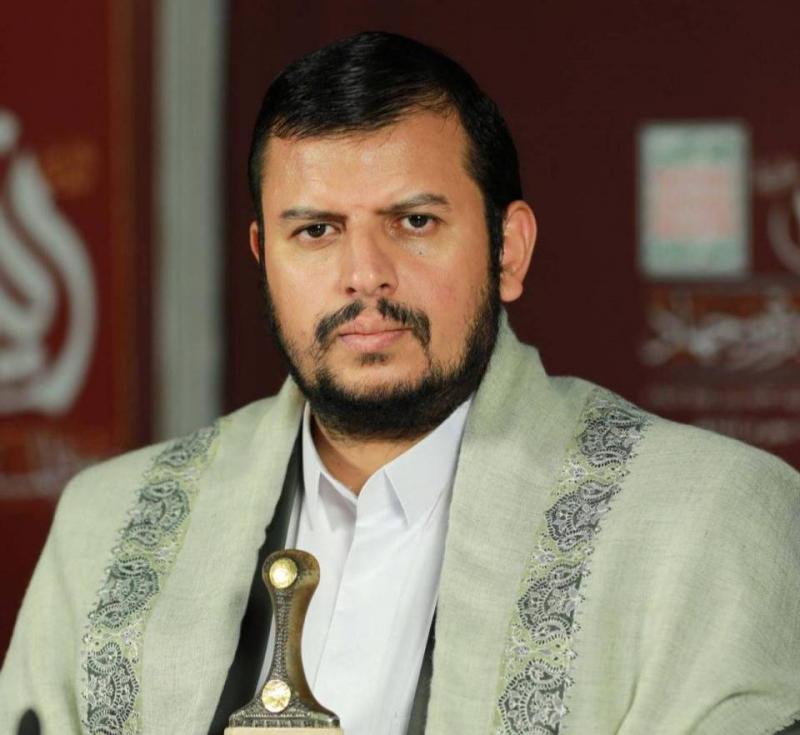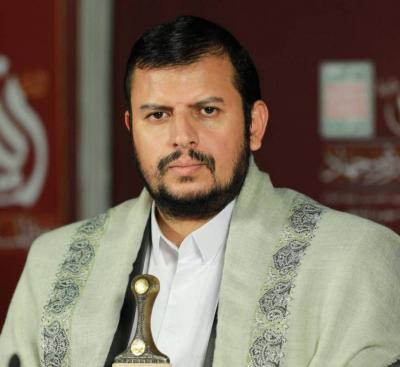The leader of the "Ansar Allah" group, Abdul-Malik al-Houthi, announced a phase of radical change and the correction of policies and methods of work within the authorities controlled by his group in Yemen. In his speech today, he stated that the first phase of radical change includes updating the bloated structure, altering obstructive mechanisms and procedures, and correcting policies and methods of work to serve the people and facilitate official and popular integration in efforts to advance the country and address economic issues.
Al-Houthi explained that the changes include reshaping the Salvation Government in Sanaa with a government of competencies that embodies national partnership, through the dismissal of officials in the "National Salvation Government" formed by "Ansar Allah," as he put it. He pointed out that the first phase also involves working to correct the judiciary's status and address its imbalances, as well as opening an effective path to resolve pending issues. He confirmed that the path of radical change and reform of state institutions depends on the faith identity of the Yemeni people.
Al-Houthi added: "Radical change has been a necessity since the beginning and the victory of the revolution on September 21, but the top priority was to confront the aggression as our people were on the brink of losing their freedom and becoming a completely occupied country under external control." He noted that "the issue of radical change has deep-rooted reasons and that the flaws are historical," emphasizing that "there are many systems, laws, regulations, and entrenched negative concepts in the official performance of state institutions," stating that "the current state of institutions should not continue as it is."
He assured that the forthcoming changes would positively reflect on the economic side in areas under the control of the group, saying: "The Yemeni people can completely change their economic reality and transform into a productive country, amend its economic policy, and remove the obstacles in its internal situation, whether those obstacles are in state institutions from laws, regulations, or wrong policies, or from some officials who work in the enemy's interest to hinder any advancement." He stressed the "necessity for a popular direction and active movement to accompany the change in reality."




